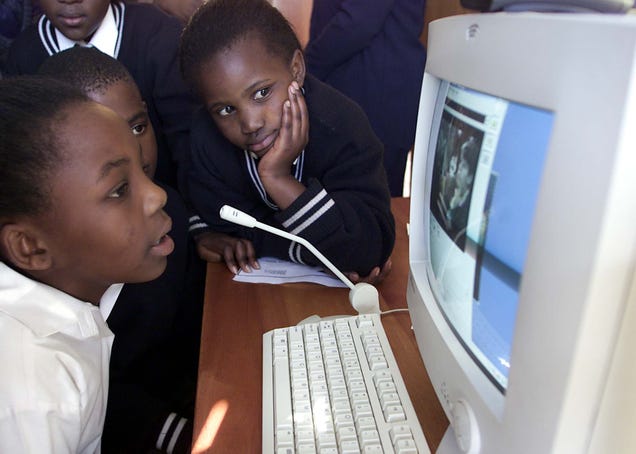Three million out of South Africa’s 60 million citizens lack basic education. Their lack of literacy and numeracy adversely affects the productivity and profitability of businesses.
This, along with other problems related to illiteracy, costs the South African economy $6.7 billion annually, according to a new study by the Australia-based nonprofit World Literacy Foundation.
Read more
What’s worse is that literacy levels have continued to decline in the country over the past two years.
“As a community of literacy experts, we face significant challenges as the early data shows a drop in literacy rates post-pandemic,” said Andrew Kay, World Literacy Foundation CEO.
South Africa has a literacy problem
Adult literacy in Africa’s most developed economy is at 87%, lower than that of developing countries like Mexico, Zimbabwe, and Brazil.
Due to this, the country’s businesses bear the cost of processing incorrect orders, handing out refunds, and resolving other internal problems, apart from losing customers due to poor communication.
Finding adequately skilled staff also becomes expensive due to the shortage such lack of education creates, according to the Economic Cost and Social Impact of Illiteracy report (pdf).
Besides, illiteracy also reduces South Africans’ income-earning capacity and increases the country’s social costs, according to Kay. Illiterate people are estimated to earn 30-42% less than their literate counterparts, although the overall impact of illiteracy on personal income may not be universal.
South Africa’s longstanding reading crisis is mainly attributed to inadequate teachers in schools. Other challenges include a poor reading culture and inadequate access to books.
770 million the world over can’t read a single word
There are approximately 770 million people globally who cannot read a single word. A further two billion struggle to read sentences, according to the report.
“About 67 million children do not have access to primary school education and another 72 million miss out on secondary school education,” the World Literacy Foundation’s study said.
Together, this costs the global economy $1.19 trillion, with its effects being quite alike in both developing and developed countries: Illiterate people get trapped in cycles of poverty with limited job opportunities and income generation but higher chances of poor health. This turns them towards crime and dependence on social welfare and charity.
The African continent has witnessed continuous growth in school enrolment, but it also has the largest number of children out of school.
More from Quartz
Sign up for Quartz’s Newsletter. For the latest news, Facebook, Twitter and Instagram.
